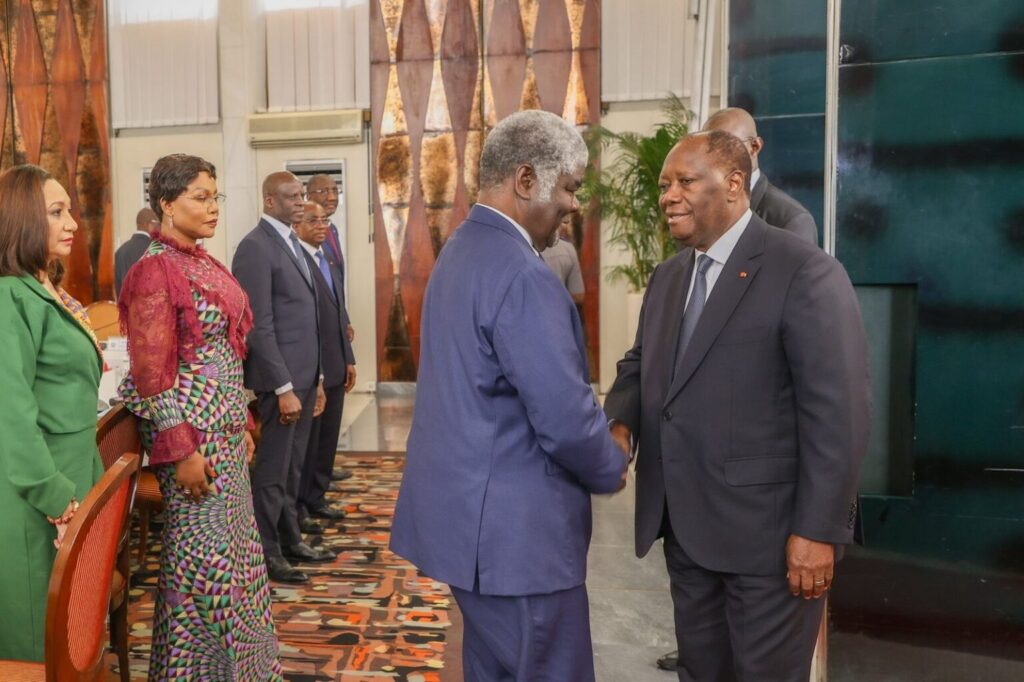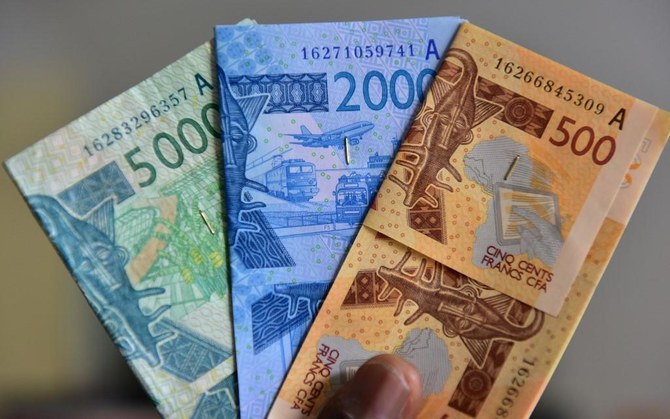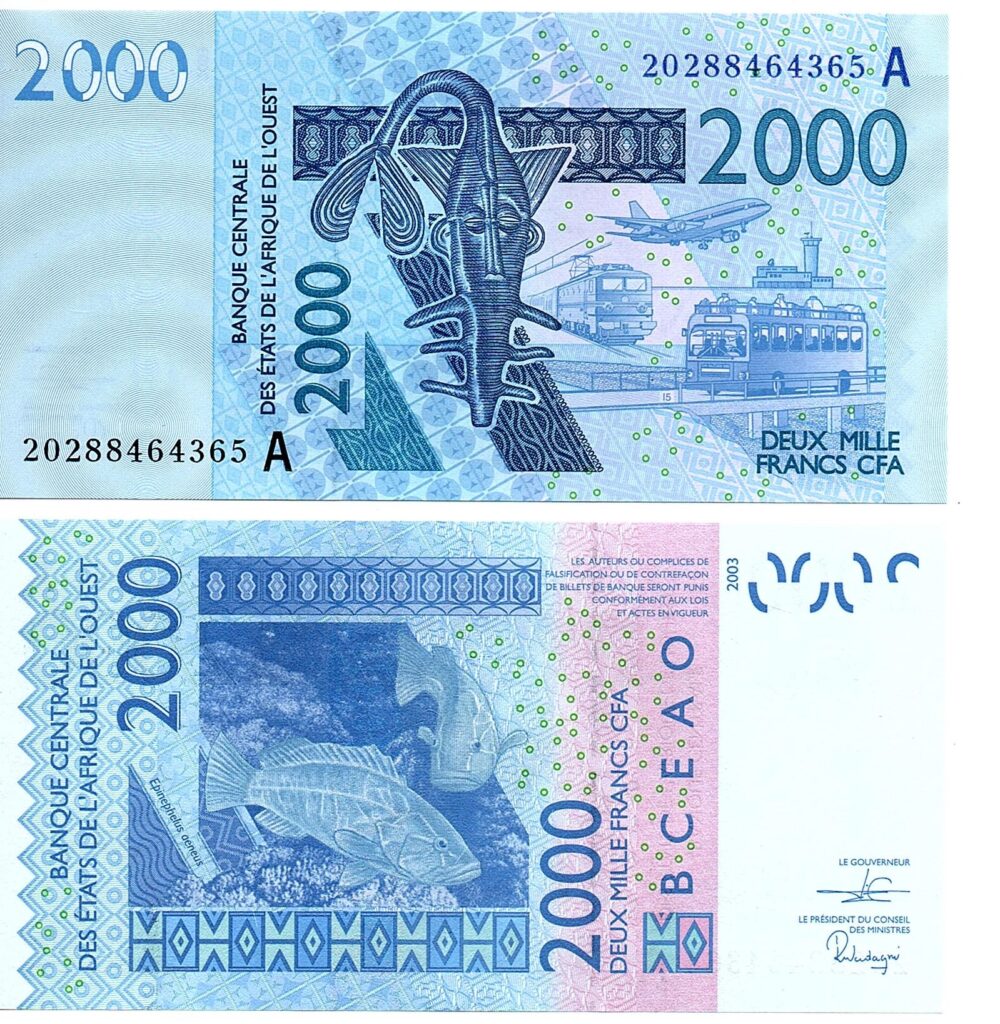The Political System of Ivory Coast and its Currency
Ivory Coast, officially known as Côte d’Ivoire, operates under a presidential representative democratic republic system. This system is characterized by a separation of powers among the executive, legislative, and judicial branches.
Executive Branch
The Presidency
The President of Ivory Coast is both the head of state and the head of government. The President is elected for a five-year term and can serve a maximum of two terms. As of now, the incumbent President is Alassane Ouattara, who has been in office since December 4, 2011. The President is responsible for:
- Commanding the armed forces.
- Negotiating and ratifying treaties.
- Submitting bills to the National Assembly or a national referendum.
In case of a presidential vacancy, the President of the National Assembly assumes the presidency and completes the remainder of the term. Recent constitutional amendments introduced the position of Vice-President, who is elected on a joint ticket with the President and can serve the same term limits.
Prime Minister
The Prime Minister, appointed by the President, assists in governing and overseeing the cabinet’s operations. The Prime Minister’s position has seen fluctuations, and as of the most recent information, it is vacant.

Legislative Branch
The Parliament of Ivory Coast is bicameral, consisting of the National Assembly and the Senate.
National Assembly
- Comprises 255 members elected for five-year terms.
- Responsible for passing legislation, typically introduced by the President.
- It also has the authority to introduce its own bills.
Senate
- Established after the constitutional referendum of November 2016.
- Two-thirds of its members are indirectly elected, while one-third is appointed by the President.
- Senators serve five-year terms and are involved in legislative processes alongside the National Assembly.
Judicial Branch
The judiciary in Ivory Coast is capped by the Supreme Court, which is divided into four chambers:
- Judicial Chamber: Handles criminal cases.
- Audit Chamber: Manages financial cases.
- Constitutional Chamber: Oversees judicial review cases.
- Administrative Chamber: Deals with civil cases.
The High Court of Justice has the competence to try government officials for major offenses.
Political Landscape
Civil Wars and Political Turmoil
Ivory Coast has experienced significant political instability, including two civil wars. The first civil war occurred between 2002 and 2004, primarily fueled by disputes over citizenship, voting rights, and representation in government. The second civil war broke out in 2011 following contested presidential elections, ultimately resulting in Alassane Ouattara’s rise to power.
Recent Developments
In November 2020, Alassane Ouattara won a third term in an election boycotted by the opposition, who argued that his candidacy was unconstitutional. This has led to ongoing debates about term limits and electoral integrity.
Conclusion
Ivory Coast’s political system is dynamic and has undergone significant changes in recent years. The introduction of a Vice-President, the establishment of a bicameral legislature, and constitutional amendments reflect the country’s efforts to stabilize and democratize its governance. However, the legacy of civil conflict and political disputes continues to influence its political landscape.
Currency of Ivory Coast
Ivory Coast uses the West African CFA franc (XOF) as its official currency. The CFA franc is a currency used by eight West African countries that form the West African Economic and Monetary Union (WAEMU), including Benin, Burkina Faso, Guinea-Bissau, Ivory Coast, Mali, Niger, Senegal, and Togo.
Key Facts:
- Symbol: CFA
- Code: XOF
- Subdivision: 1 CFA franc = 100 centimes

Historical Context
The CFA franc was introduced in 1945, replacing the French West African franc. It is guaranteed by the French Treasury, and its value is pegged to the euro.
Economic Role
The CFA franc facilitates economic stability and trade among the member countries of WAEMU, promoting regional economic integration and cooperation.
Governance
The currency is regulated by the Central Bank of West African States (BCEAO), which ensures monetary policy is consistent across the member states.
Current Exchange Rate
The CFA franc has a fixed exchange rate with the euro, set at 1 euro = 655.957 CFA francs.
Usage

As the official currency, the CFA franc is used for all financial transactions within Ivory Coast, including public and private sectors, banking, trade, and daily commerce.
Conclusion
The West African CFA franc plays a crucial role in the economic stability and integration of Ivory Coast within the broader West African region. Its fixed exchange rate with the euro helps maintain economic stability, although it also ties the country’s monetary policy closely to that of the European Union.




